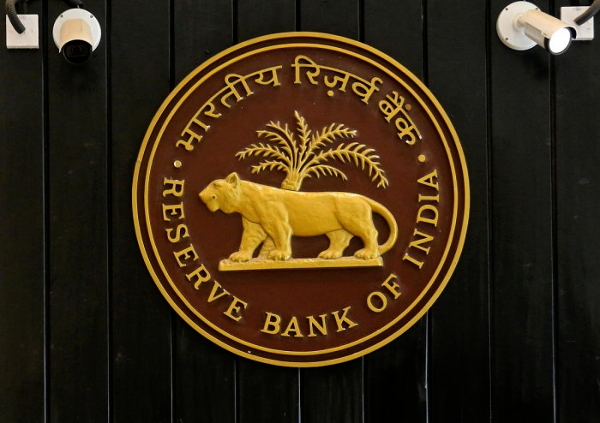The Reserve Bank of India (RBI) on Monday decided to transfer a record Rs 1,23,414 crore (US$ 17.65 billion) of its surplus to the central government for the fiscal year 2018-19 or FY19 (July to June), and an additional Rs 52,637 crore (US$ 7.53 crore) of excess provisions as recommended by the Bimal Jalan committee on Economic Capital Framework (ECF).
The surplus transfer, commonly called “dividend”, is almost double the previous record of Rs 65,896 crore (US$ 9.42 billion). In the previous year, the RBI transferred Rs 50,000 crore (US$ 7.15 billion), while in 2016-17, the dividend was only Rs 30,659 crore (US$ 4.38 billion) because of demonetisation.
Of the total, Rs 28,000 crore (US$ 4.006 billion) has already been transferred to the government as interim dividend. The ECF, headed by former RBI governor Bimal Jalan, and with former deputy governor Rakesh Mohan as vice-chairman, suggested a much smaller transfer.
Some analysts were expecting the committee would recommend a transfer of at least Rs 3 trillion (US$ 42.92 billion) from RBI’s reserves — Rs 1 trillion from contingency reserves and Rs 2 trillion (US$ 28.61 billion) from revaluation reserves.
“This is a bonanza for the government and the markets. On a standalone basis, it is a windfall. To that extent, the market borrowing gets reduced,” said Ananth Narayan, associate professor, finance, at the SP Jain Institute of Management and Research.
“The transfer of surplus from the RBI should help offset the expected shortfalls in various tax revenues in FY20 and aid the government in meeting its fiscal deficit target,” said Aditi Nayar, principal economist at ICRA.
While the RBI did not put out the committee report in public, it issued a detailed statement, which said the central bank’s board accepted the recommendations.
Source: IBEF
Image Courtesy: DC
You may also like
-
Trade Connect E-platform For Exports Is Single Window, Fast, Accessible And Transformational: Shri Piyush Goyal
-
Dot Simplifies Approval Processes For Telecom Licenses And Wireless Equipment
-
Coal Production and Supply Trends on Positive Trajectory
-
Union Minister To Release Booklets On Promotion Of Indigenous Species & Conservation Of States Fishes
-
2nd India-Japan Finance Dialogue held in Tokyo on 6th September, 2024
